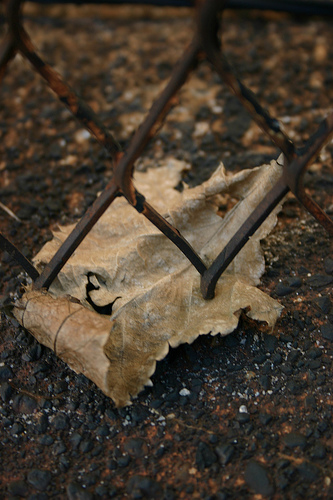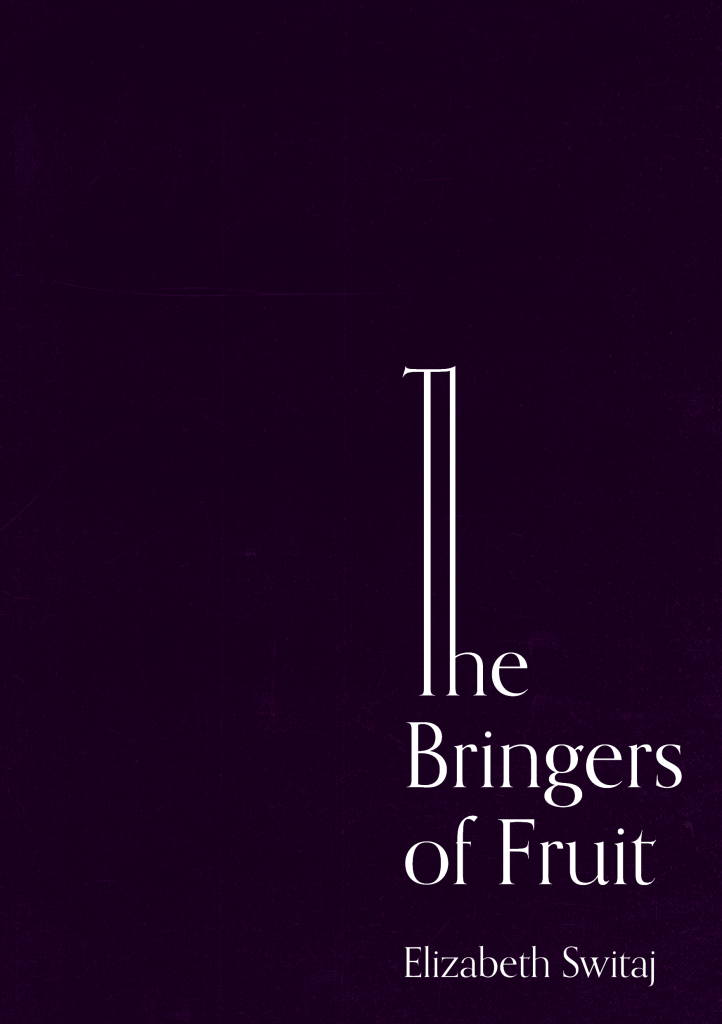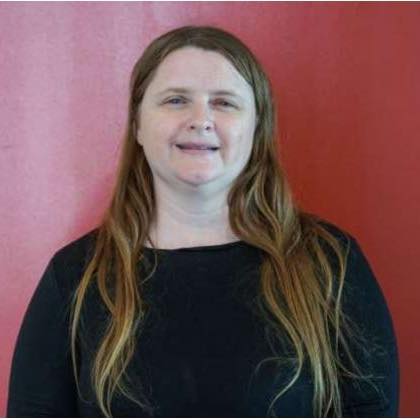
poetry & criticism
Elizabeth Kate Switaj has worked at the College of the Marshall Islands in the Central Pacific since 2013. She holds a PhD in English from Queen’s University Belfast, an MFA in Poetics & Creative Writing from New College of California, a BA from The Evergreen State College, and an AAS from Bellevue College. Her third full-length poetry collection, At (Ghost) Depth, is forthcoming from Mouthfeel Press.
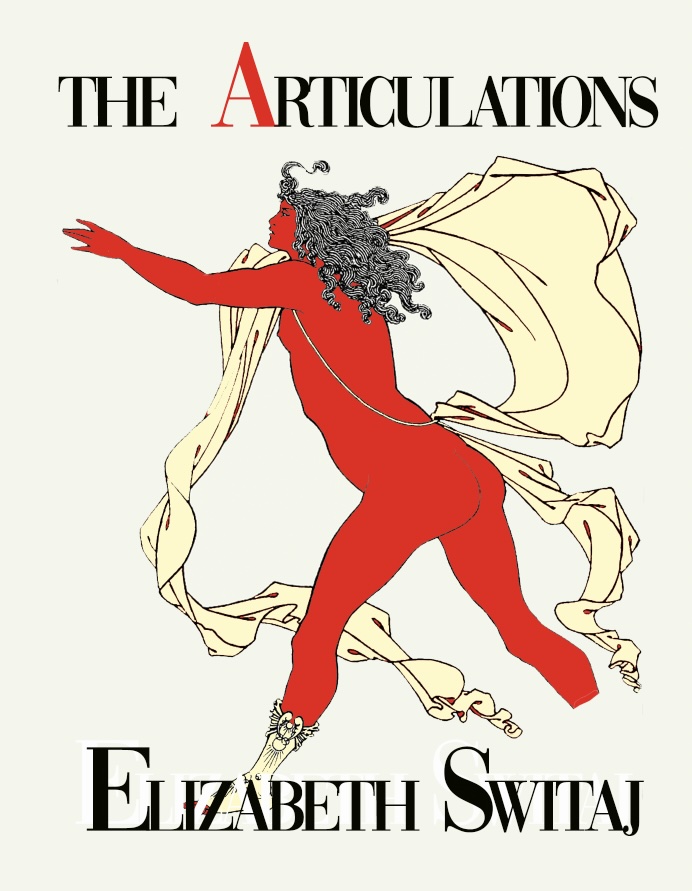
The Articulations
- Forthcoming in November 2024
- Found language sequence exploring conceptions of the body
- Preorder from Kernpunkt Press
- Part of a tête-bêche with Amelia K’s Amouroboros
Supply Chain Problems
- Mini-Chapbook
- Read for free from Ghost City Press
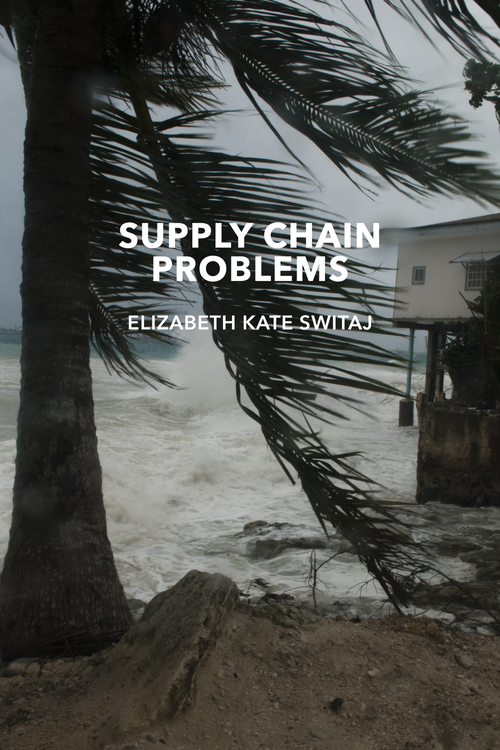
The Bringers of Fruit: An Oratorio
- Polyvocalic retelling of the Persephone myth
- Available from 11:11 Press
- Winner of the 2023 Whirling Prize
- Discussed in Looking Back at Full Stop
James Joyce’s Teaching Life and Methods
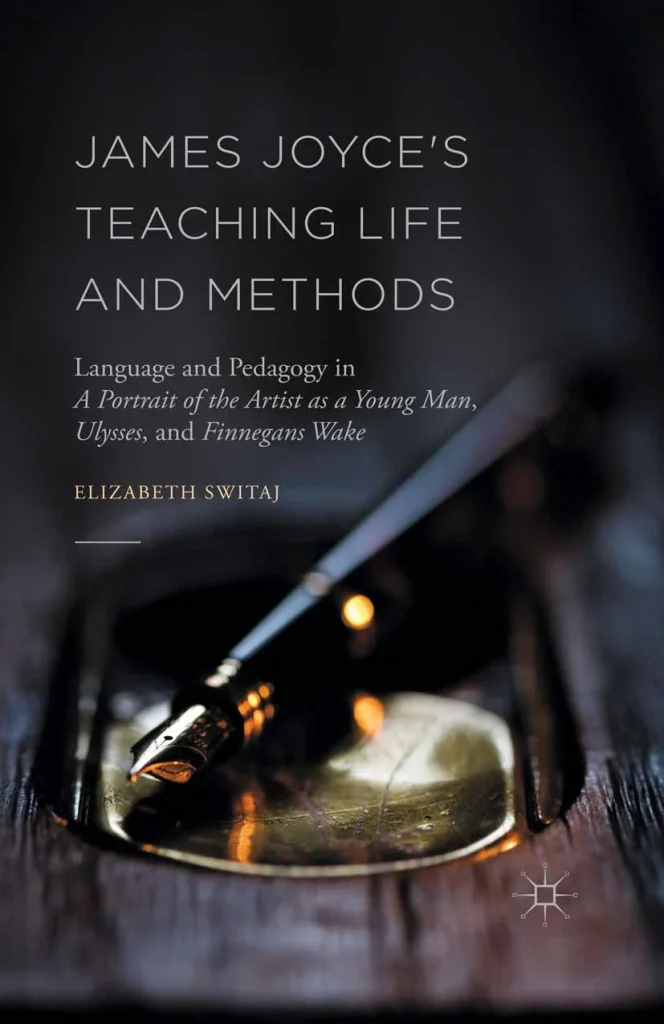
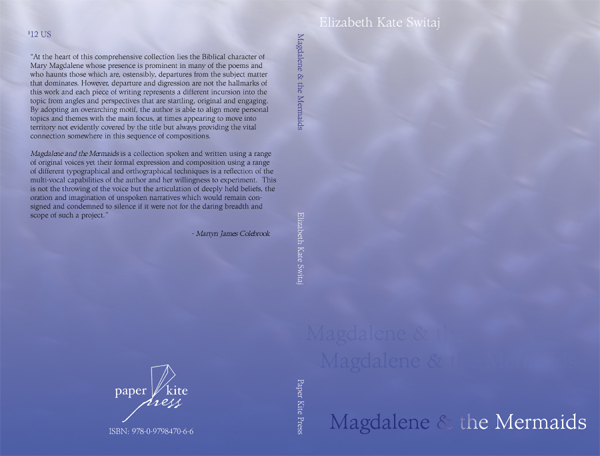
Magdalene & the Mermaids
- Mythic poetry published by Paper Kite Press
- Available via HathiTrust
- Reviewed at Everything Distils into Reading
The Broken Sanctuary
- Chapbook of ecopoetry
- Published by Ypolita Press
